172 countries voted to establish PALESTINIAN STATEHOOD at the United Nations General Assembly
172 Countries Vote to Establish Palestinian Statehood at the United Nations General Assembly: A Historic Moment for Palestinian Self-Determination
In a landmark moment for Palestinian aspirations, 172 countries voted in favor of establishing Palestinian statehood at the United Nations General Assembly. This significant vote reflects the growing international support for the Palestinian cause and underscores the increasing global recognition of the need for a lasting and just resolution to the Israeli-Palestinian conflict. While the vote does not immediately change the political reality on the ground, it is a powerful symbolic gesture that has far-reaching implications for the future of Palestine, Israel, and the broader Middle East.
The United Nations General Assembly Vote: What It Means
On the day of the vote, the UN General Assembly overwhelmingly endorsed the establishment of a Palestinian state, with 172 countries casting their votes in favor. The resolution called for the recognition of Palestine as an independent and sovereign state, urging an end to the occupation of Palestinian territories and the establishment of a Palestinian state based on the 1967 borders. The vote marks a moment of diplomatic triumph for the Palestinian leadership, which has long sought international recognition for its right to self-determination and sovereignty.
The outcome of the vote is not surprising, as many countries, especially in the Global South, have shown strong support for Palestinian statehood. The resolution received significant backing from members of the Arab League, the Organization of Islamic Cooperation (OIC), and various developing countries. However, it also highlights the ongoing divide between those who support Palestinian statehood and those who continue to back Israel’s position in the conflict.
The United States and several European Union countries were among those that voted against the resolution, citing concerns over the timing and the lack of direct negotiations between Israel and Palestine. Washington, in particular, has long maintained that a negotiated two-state solution is the best path forward and that unilateral actions at the UN could undermine the peace process.
The Historical Context of Palestinian Statehood
The quest for Palestinian statehood has been a central issue in the Israeli-Palestinian conflict for decades. In 1947, the United Nations proposed a partition plan that would have divided the land of Palestine into two states—one for Jews and one for Arabs. However, the plan was rejected by Arab states and Palestinian leaders, and it was followed by the 1948 Arab-Israeli War, which led to the creation of the state of Israel and the displacement of hundreds of thousands of Palestinian refugees.
Since then, Palestinians have struggled for recognition as a sovereign state, while Israel has continued to expand its territories, particularly in the West Bank and East Jerusalem, areas that the Palestinians envision as the core of their future state. The Oslo Accords of the 1990s, which were intended to lay the groundwork for peace and a two-state solution, have largely failed to bring about a final resolution, with continued Israeli settlement expansion, military occupation, and periodic outbreaks of violence.
The UN’s endorsement of Palestinian statehood is not the first time that the international community has called for the recognition of Palestine. In 2012, the UN General Assembly granted Palestine non-member observer state status, a significant step toward international recognition. However, the lack of a formal peace agreement with Israel has left Palestine in a state of limbo, with its borders, sovereignty, and political future unresolved.
The Impact of the Vote on Palestine
The vote at the UN General Assembly represents a significant diplomatic victory for Palestinian leaders, who have long sought to gain international recognition for their state. The vote strengthens the Palestinian Authority’s position in future negotiations with Israel and the international community. It also boosts the credibility of Palestinian President Mahmoud Abbas and his leadership, which has been under increasing pressure in recent years due to the ongoing division between the West Bank-based Palestinian Authority and the Gaza-based Hamas government.
For the Palestinian people, the vote offers a glimmer of hope that their dream of statehood is one step closer to becoming a reality. It serves as a reminder that the international community, by and large, continues to view the Palestinian cause as just and worthy of recognition. While the vote does not immediately change the political or territorial status of Palestine, it signals global backing for the idea that Palestine should one day be recognized as a fully sovereign state alongside Israel.
However, the road to full statehood remains fraught with obstacles. The Israeli government, under Prime Minister Benjamin Netanyahu, has strongly opposed Palestinian statehood and continues to prioritize security concerns and the protection of Israeli settlements in the West Bank. The ongoing cycle of violence, blockades, and the lack of trust between Israeli and Palestinian leaderships make the prospect of a negotiated peace agreement highly uncertain.
The Role of International Diplomacy
The overwhelming vote in favor of Palestinian statehood highlights the role of international diplomacy in the ongoing conflict. The UN, as the world’s foremost international institution, has long been seen as a platform for addressing the Israeli-Palestinian conflict. Over the years, resolutions, peace plans, and initiatives have been put forward by the UN to address the grievances of both sides. While many of these efforts have failed to yield lasting results, the sheer volume of international support for Palestinian statehood sends a clear message to Israel and the United States that the status quo is unsustainable.
The vote also highlights the divide between the United States and much of the international community. The U.S. has been a long-time ally of Israel and has historically blocked efforts at the UN to pass resolutions critical of Israel or to advance Palestinian statehood. Washington’s stance on Palestinian statehood remains closely tied to its broader Middle East policy, including its commitment to Israel’s security. However, the increasing number of countries supporting Palestinian statehood at the UN could place pressure on the U.S. to reassess its position, particularly as the global landscape shifts toward greater support for Palestinian rights.
The European Union and the Debate Over Statehood
The European Union’s position on Palestinian statehood has been complex and often contradictory. While the EU has expressed support for a two-state solution and the establishment of a Palestinian state, it has also emphasized the need for direct negotiations between Israel and Palestine. The EU has often criticized Israeli settlement expansion and human rights violations in the Palestinian territories, but it has not taken concrete steps toward recognizing Palestinian statehood in the way that some other countries have.
The vote at the UN General Assembly is likely to reignite debates within the EU about how to approach the Israeli-Palestinian conflict. With growing public support for Palestinian rights across many European countries, EU leaders may feel increasing pressure to take a more decisive stance in favor of Palestinian statehood, particularly if the situation in the occupied territories continues to deteriorate.
The Path Forward for the Israeli-Palestinian Conflict
While the UN vote marks a significant moment in the struggle for Palestinian statehood, it is important to remember that the resolution of the Israeli-Palestinian conflict is far from certain. The two-state solution, which remains the most widely supported framework for peace, faces numerous challenges. These include the expansion of Israeli settlements in the West Bank, the status of Jerusalem, security concerns, and the deep divisions within Palestinian politics between Fatah and Hamas.
The vote is, therefore, a symbolic victory, but it will not immediately alter the realities on the ground. Palestinian statehood is still a distant goal that will require difficult compromises, leadership changes, and the end of the ongoing cycle of violence and occupation. The international community, particularly countries that voted in favor of the resolution, will need to follow up with concrete actions to push for meaningful dialogue between Israel and Palestine.
For Israel, the recognition of Palestinian statehood poses a challenge to its own political and security interests. While Israel remains committed to its security and its right to defend itself, it will need to find ways to address the aspirations of the Palestinian people while safeguarding its own future. Achieving a just and lasting peace will require courage, vision, and an unwavering commitment to human rights from both sides.
In Conclusion
The vote in favor of Palestinian statehood at the UN General Assembly is a historic moment in the long and tumultuous history of the Israeli-Palestinian conflict. With 172 countries supporting the establishment of Palestine as a sovereign state, the international community has sent a strong message that the time for a just and lasting peace is now. While challenges remain, this vote serves as a reminder of the ongoing struggle for self-determination and justice for the Palestinian people. It is a call to action for all those committed to peace and equality, urging them to work together to build a future where both Palestinians and Israelis can live side by side in peace and dignity.
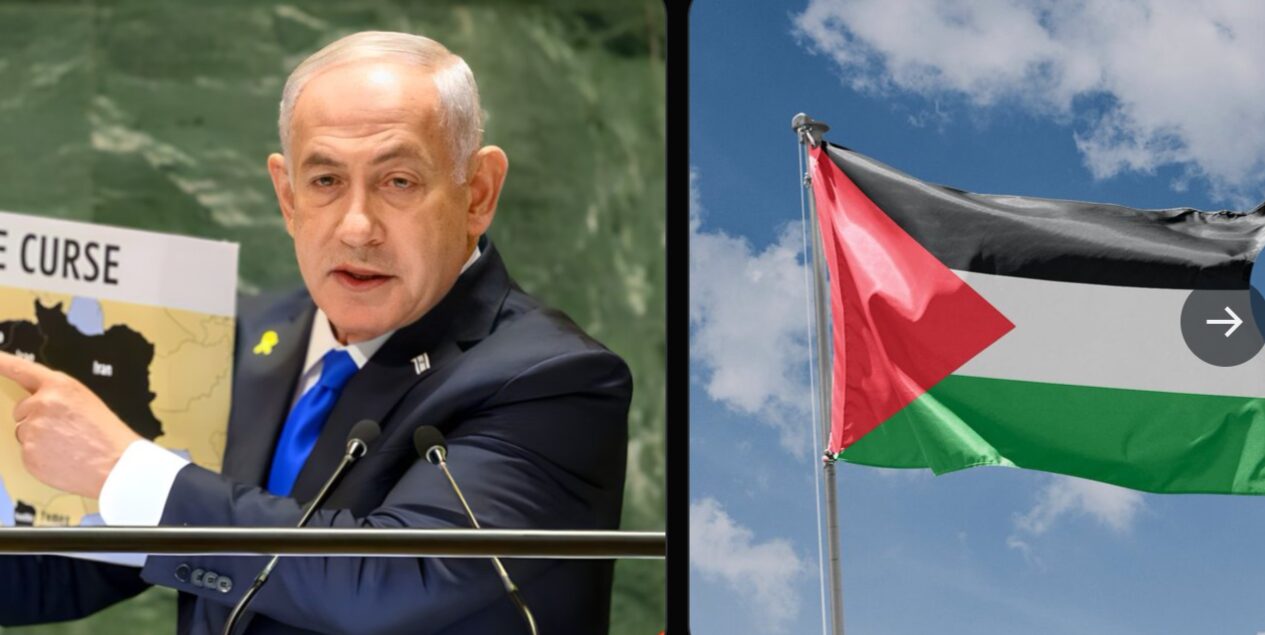
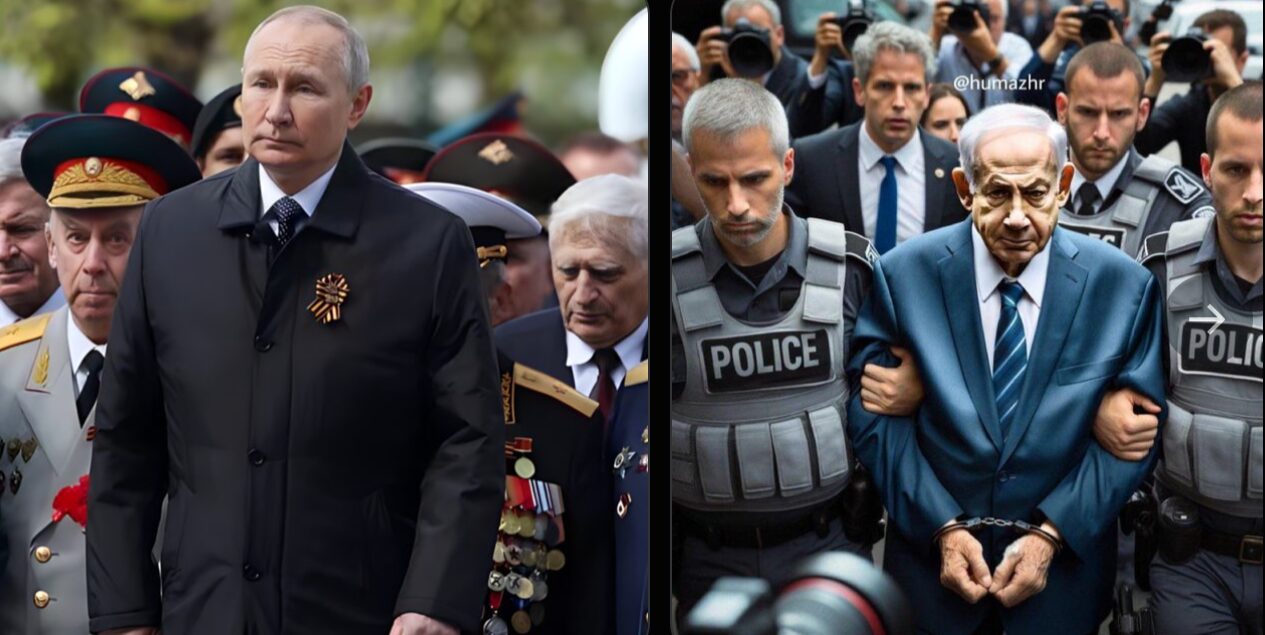

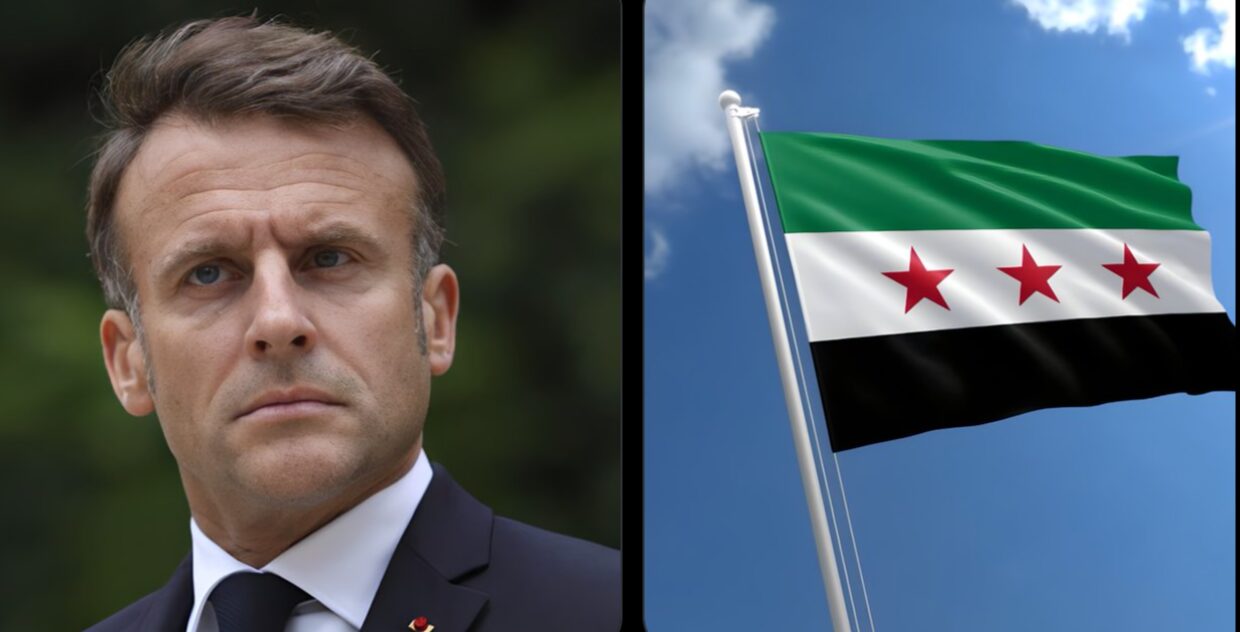

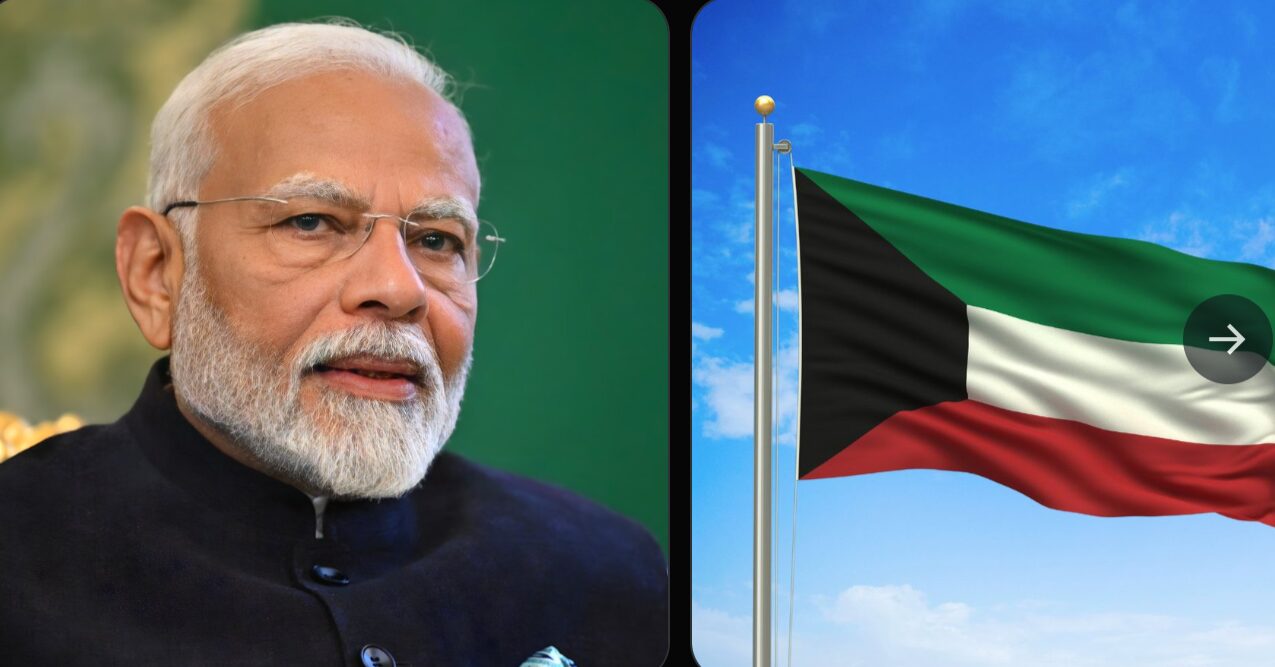
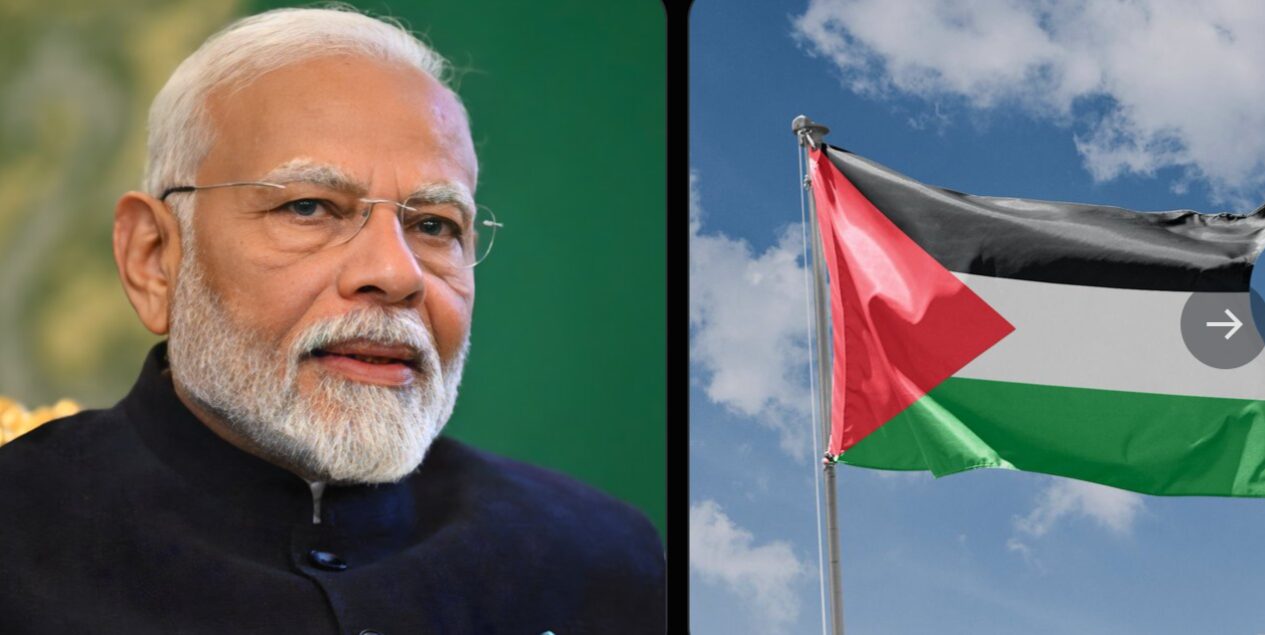

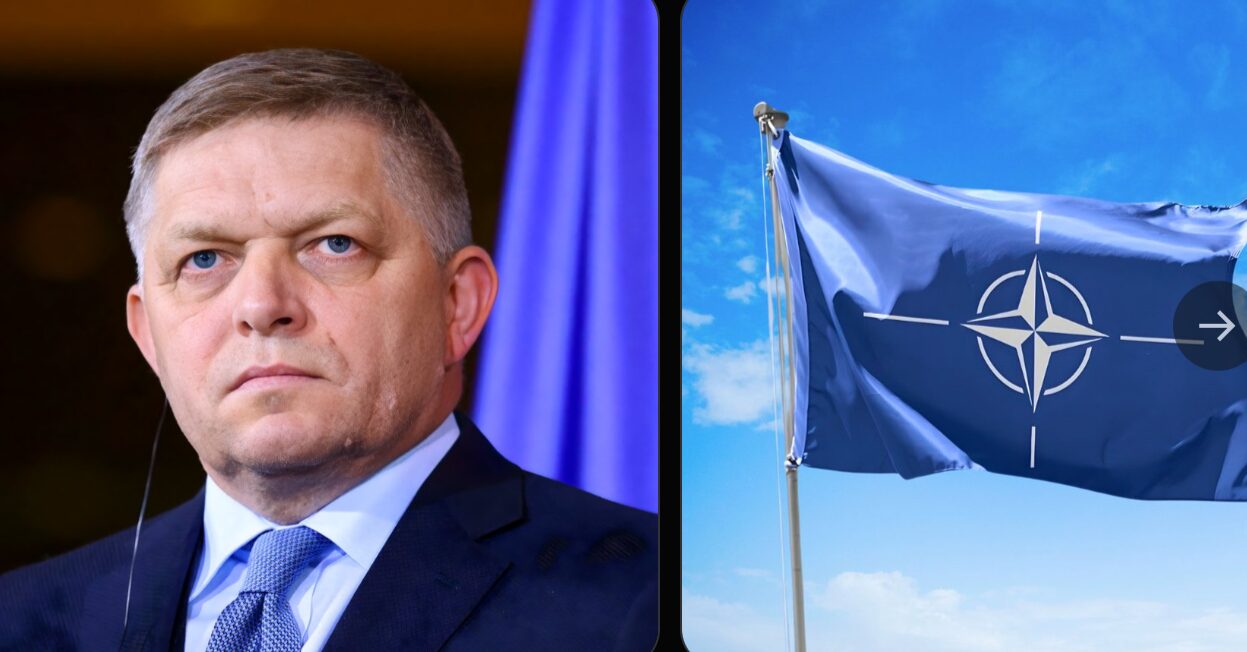








Post Comment